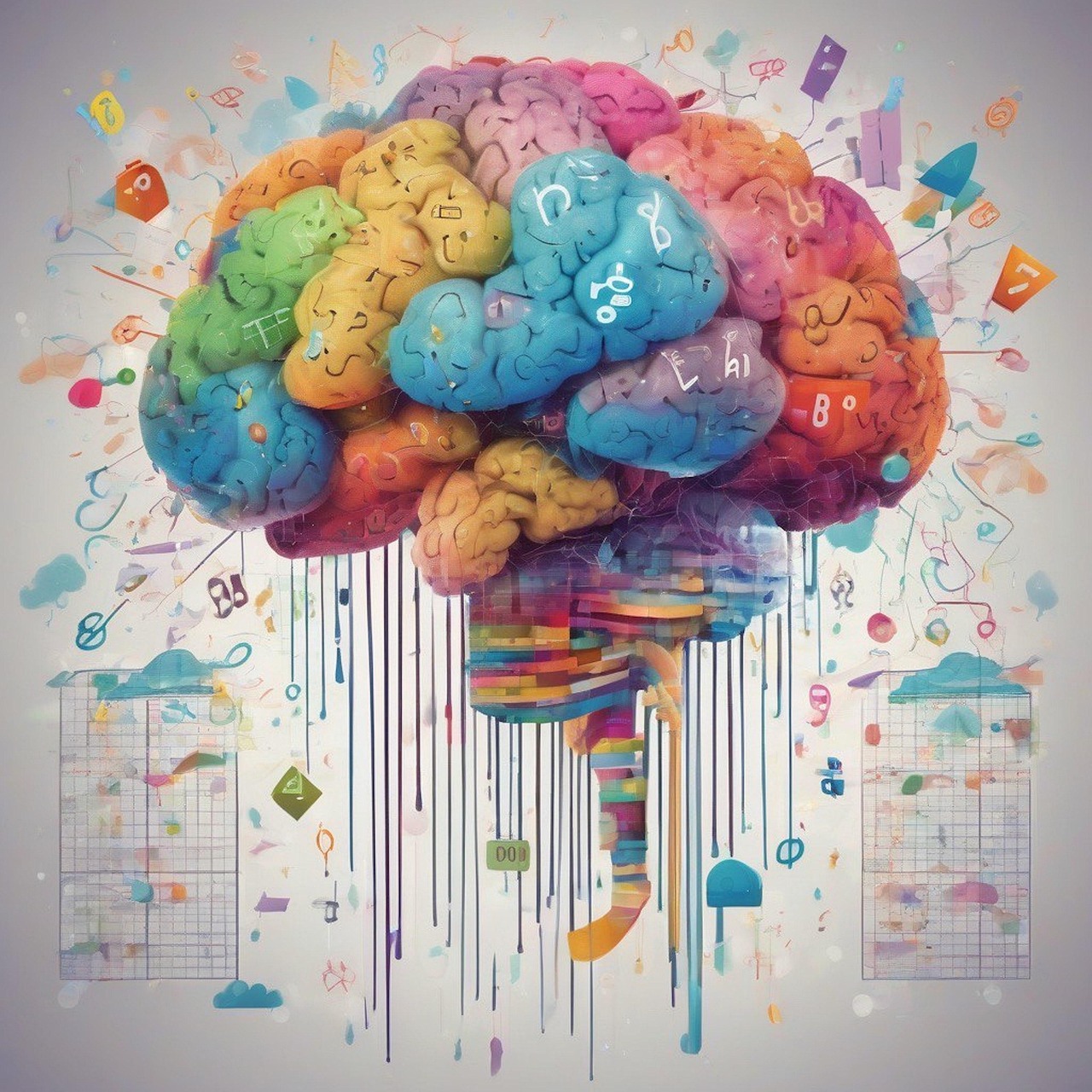
Why Ethical AI is Crucial for Africa's Media Landscape: Insights for Marketers in 2025
As Africa's media landscape rapidly evolves, the integration of Ethical AI has become a pivotal focus for marketers looking to thrive in 2025. With advancements in technology reshaping how content is created and consumed, the need for responsibility and integrity in AI applications is more pressing than ever. From addressing misinformation to promoting diverse representation, Ethical AI is not just a trend; it's essential for fostering trust and engagement with audiences across the continent. Marketers who understand and implement ethical practices will not only enhance their brand’s credibility but also drive meaningful connections with consumers. This article delves into the profound impact of Ethical AI on Africa's media, offering insights and strategies for marketers ready to navigate this transformative landscape. Join us as we explore why embracing ethical considerations is crucial for sustained success in an increasingly digital and diverse environment.

Understanding Ethical AI: Definition and Importance
Ethical AI refers to the development and deployment of artificial intelligence systems in ways that ensure fairness, transparency, accountability, and respect for human rights. It is not merely about the technical capabilities of AI but also about the values and principles guiding its use. In the context of Africa's media landscape, Ethical AI is crucial because it helps prevent biases, ensures diverse representation, and promotes trust among consumers. By adhering to ethical guidelines, marketers can create AI-driven content that is not only engaging but also respectful of the diverse cultural and social fabric of African societies.
One of the core principles of Ethical AI is fairness. This involves ensuring that AI systems do not perpetuate existing biases or introduce new ones. In the media industry, this means using AI to create content that is inclusive and representative of all segments of society.

For example, AI algorithms used in content recommendation systems should be designed to highlight diverse voices and perspectives, rather than just the most popular or mainstream ones. This helps to create a more balanced and inclusive media environment.
Transparency is another key component of Ethical AI. Consumers have a right to know how AI systems are being used to influence the content they see and interact with. This involves being open about the data sources used to train AI models, as well as the algorithms and decision-making processes behind them. Marketers who prioritize transparency can build trust with their audiences, as consumers are more likely to engage with brands that are honest and upfront about their AI practices.
Accountability is also essential in the realm of Ethical AI. This means that marketers and media companies must take responsibility for the outcomes of their AI systems.

If an AI-driven campaign inadvertently spreads misinformation or fuels harmful stereotypes, it is crucial to address these issues promptly and take corrective action. By being accountable, marketers can demonstrate their commitment to ethical practices and maintain the trust and loyalty of their audiences.
The Current State of AI in Africa's Media Landscape
The integration of AI into Africa's media landscape is still in its nascent stages, but it is rapidly gaining momentum. Across the continent, media companies are beginning to leverage AI technologies to enhance content creation, distribution, and consumption. From news organizations using AI to automate news writing and fact-checking to entertainment platforms employing AI for personalized content recommendations, the applications of AI in media are diverse and growing.
One of the most significant impacts of AI in Africa's media landscape is its ability to improve efficiency and productivity.

For instance, AI-powered tools can analyze vast amounts of data to identify trending topics and generate news stories in real-time. This enables news organizations to deliver timely and relevant content to their audiences, thereby enhancing engagement and viewership. Additionally, AI can assist in editing and producing high-quality multimedia content, such as videos and podcasts, which are increasingly popular among African audiences.
Personalization is another area where AI is making a substantial impact. By analyzing user data, AI algorithms can tailor content recommendations to individual preferences, creating a more personalized and engaging media experience. This is particularly important in Africa, where diverse linguistic, cultural, and social backgrounds require a nuanced approach to content delivery. AI-driven personalization can help media companies cater to the unique tastes and interests of their audiences, thereby fostering deeper connections and loyalty.
However, the adoption of AI in Africa's media landscape is not without its challenges.

One of the primary concerns is the digital divide, as not all regions have equal access to the technology and infrastructure required to support AI applications. This disparity can exacerbate existing inequalities and limit the reach of AI-driven media innovations. Additionally, there is a need for greater awareness and understanding of AI among media professionals, as well as adequate training and resources to ensure the ethical and effective use of AI technologies.
Key Ethical Challenges Facing AI in Media
As AI continues to permeate Africa's media landscape, several ethical challenges need to be addressed to ensure its responsible use. One of the most pressing issues is the potential for bias in AI systems. AI algorithms are often trained on historical data, which can reflect existing biases and inequalities. If these biases are not identified and mitigated, they can be perpetuated or even amplified by AI-driven media content.

For example, AI-generated news articles or content recommendations may disproportionately favor certain demographics or perspectives, leading to a lack of diversity and representation in the media.
Misinformation is another significant ethical challenge associated with AI in media. While AI has the potential to enhance fact-checking and verification processes, it can also be used to create and disseminate false information. Deepfakes, which use AI to create realistic but fake videos and images, are a prime example of how AI can be manipulated to spread misinformation. This poses a serious threat to the credibility and integrity of media organizations, as well as to public trust in the media.
Privacy is a critical concern in the context of AI-driven media. AI systems often rely on vast amounts of data to function effectively, including personal information about users. This raises questions about how data is collected, stored, and used, as well as the potential for data breaches and misuse.

Marketers and media companies must prioritize data privacy and implement robust measures to protect user information. This includes obtaining informed consent from users, being transparent about data practices, and ensuring compliance with relevant data protection regulations.
Another ethical challenge is the potential for AI to undermine human creativity and labor in the media industry. As AI becomes more sophisticated, there is a risk that it could replace human journalists, editors, and content creators, leading to job losses and a devaluation of human skills and expertise. It is essential to strike a balance between leveraging AI for efficiency and productivity while preserving the unique contributions of human talent. This can be achieved by using AI as a complement to human creativity, rather than a replacement.
Conclusion
The integration of Ethical AI into Africa's media landscape is not just a necessity but a strategic imperative for marketers looking to thrive in 2025 and beyond.
As technology continues to reshape the way content is created, distributed, and consumed, ethical considerations must guide the use of AI to ensure fairness, transparency, accountability, and respect for human rights. By addressing key ethical challenges such as bias, misinformation, privacy, and the potential displacement of human labor, marketers can build trust and credibility with their audiences, drive meaningful engagement, and foster a more inclusive and diverse media environment.
Understanding the importance of Ethical AI and its implications for Africa's media landscape is the first step toward responsible and effective AI implementation. Marketers must be proactive in educating themselves and their teams about ethical AI practices, investing in the necessary tools and resources, and collaborating with stakeholders to establish and uphold ethical standards. This includes being transparent about AI use, prioritizing data privacy, and ensuring that AI-driven content is representative and inclusive.
In conclusion, Ethical AI is not just a trend; it is a fundamental aspect of the future of media in Africa.
Marketers who embrace ethical AI practices will not only enhance their brand's reputation and trustworthiness but also contribute to the development of a media landscape that reflects the diverse and dynamic nature of African societies. By navigating the ethical challenges and opportunities of AI, marketers can create a more equitable and engaging media environment, driving sustained success in an increasingly digital and diverse world.
 Add Row
Add Row  Add
Add 




Write A Comment